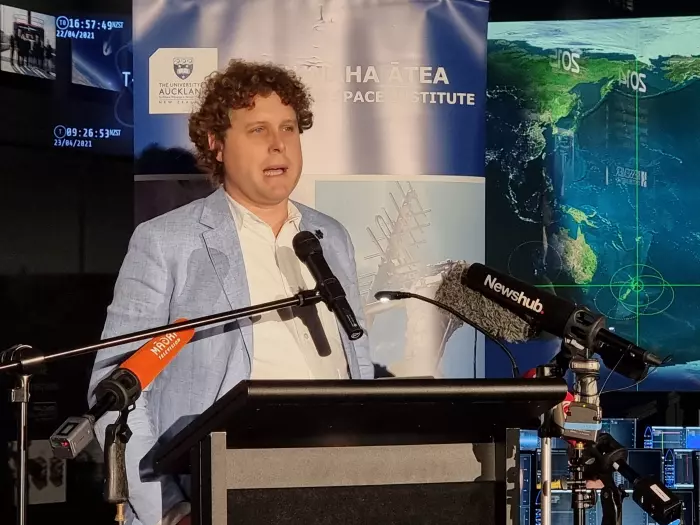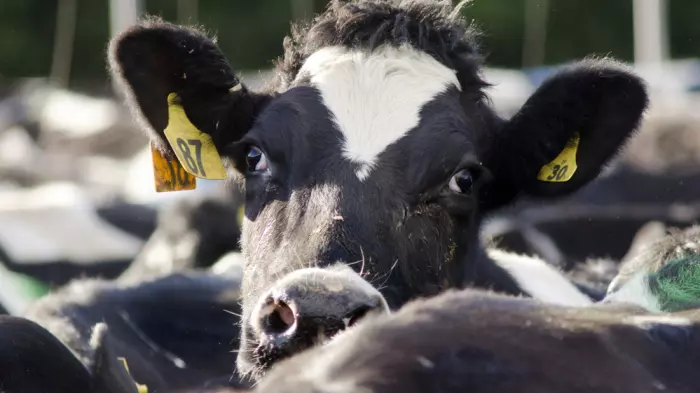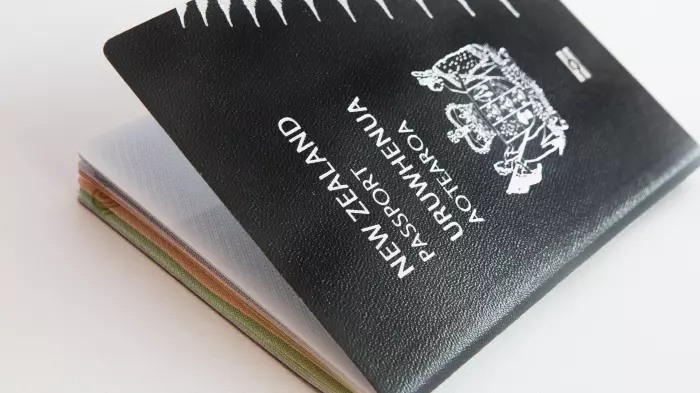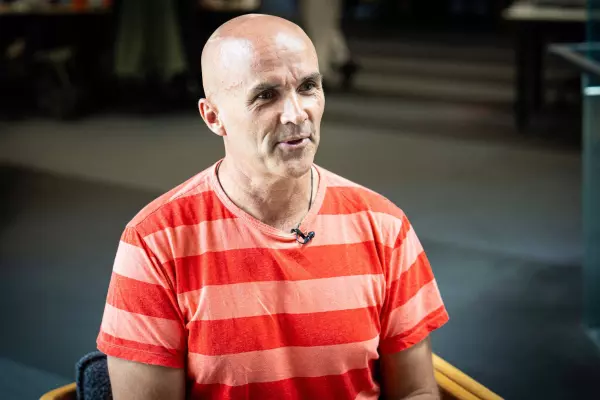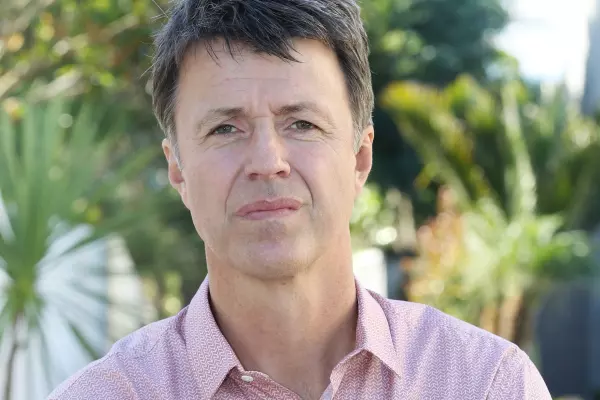New Zealand's burgeoning space industry will now see a space mission control centre established in Auckland to command a new satellite being launched to monitor the methane emissions of the world's oil, gas, and agriculture sectors.
The MethaneSAT mission is part-funded by the government and will have its mission control permanently based at Auckland University’s Te Pūnaha Ātea-Auckland Space Institute.
Minister of research, science and innovation Megan Woods confirmed at Rocket Lab headquarters in Auckland’s Mount Wellington this morning that the Mission Operations Control Centre will be initially managed by Rocket Lab after the scheduled launch in late 2022.
After setting up the necessary IT infrastructure, Peter Beck’s space company will hand the reins over to the Te Pūnaha Ātea-Auckland Space Institute in an extra-terrestrial baton pass.
“I want to congratulate The University of Auckland as this decision demonstrates confidence in its ability to successfully deliver this important infrastructure for a global mission,” Woods said.
“This is a critical milestone in the MethaneSAT mission that sees the New Zealand Space Agency partner with one of the world's leading environmental NGOs, the Environmental Defence Fund, to launch a state of the art satellite to measure global methane emissions.
“I’m pleased thanks to New Zealand’s involvement, the mission will now undertake research into using the satellite to also measure agricultural methane emissions.”
The announcement comes hours after US President Joe Biden declared the US will cut its carbon emissions by 50-to-52% below 2005 levels by 2030.
Woods announced in 2019 the government would put $26 million into the MethaneSAT mission.
The satellite is built by MethaneSAT LLC, a wholly owned subsidiary of the EDF. The mission’s primary goal is to better monitor the methane emissions from the oil and gas industry.
Enough space
Despite NZ hosting mission control for the project, the satellite will launch from US soil and not from Rocket Lab’s Mahia peninsula site.
The site has become a controversial after a Rocket Lab rideshare mission launched last month included a payload for the US Army’s Space and Missile Defence Command - a prototype satellite capable of providing “actionable targeting data to warfighters”, according to a US Department of Defense public document.
Woods was asked today if the government was comfortable working with a company that takes military payloads into space.
“This is a public mission around getting public data. Rocket Lab obviously operates in a commercial environment and is one of the few companies in the world that does do commercial payloads, but it does operate under a strict criteria about what payloads can be taken up.
“I’m part of that decision-making cycle, but our legislation puts in place a regime that makes sure that we can all be comfortable with what has been launched.”
Mahia taking off
Beck said Mahia is the fourth busiest rocket launch site in the world ahead of India and the whole of Europe.
Asked whether the site might be used in similar future collaborative work with governments and NGOs, he said: "We’ve got a few ideas. I think it's a great foundation for a number of space programmes for the country and I think it'll become very, very obvious and clear the benefit to New Zealand, its scientists and engineers, and the economy.”
In March it was announced that Rocket Lab will merge with the special acquisition company Vector Acquisition Corp in a deal that gives the NZ company an implied pro forma enterprise value of US$4.1 billion.
Vector Aqusition Corp (VACQ) is trading at US$10.56 per share. That is significantly below the US$13.95 peak it hit after announcing the deal with the space launch firm but is still higher than the US$10 price used to allocate VACQ shareholders 7% ownership.


